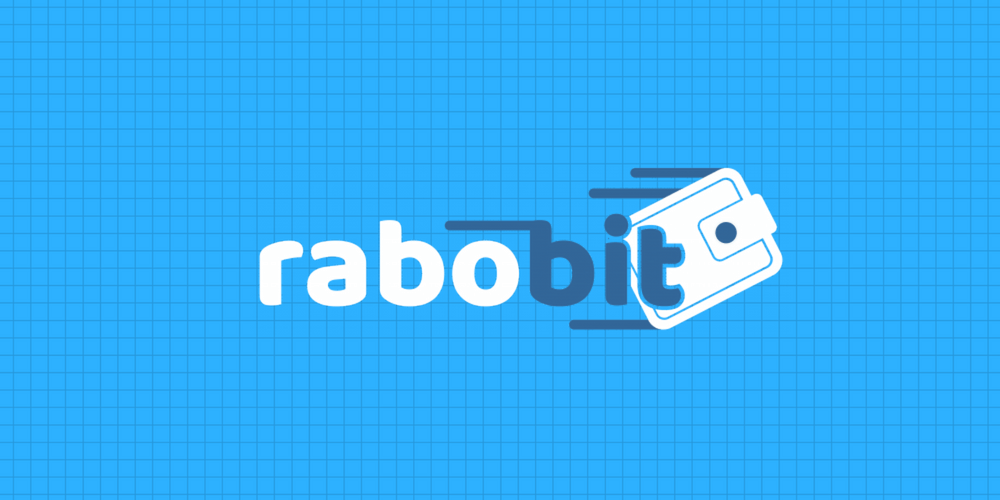
The Dutch multinational bank Rabobank has announced that it is planning to release a cryptocurrency wallet called Rabobit. This comes as a surprise, since Rabobank had previously refused to do business with companies involved in digital currency.
Rabobit was created through the internal program “Moonshot” within Rabobank. The Moonshot program gives Rabobank employees a platform on which to present ideas for innovations. The bank describes Rabobit as “a cryptocurrency wallet within the online banking environment.”
Rabobank recently landed in hot water after its California division pleaded guilty to conspiring with Mexican drug cartels to launder their fortunes.
The Associated Press reported,
“The subsidiary, Rabobank National Association, said it doesn’t dispute that it accepted at least $369 million in illegal proceeds from drug trafficking and other activity from 2009 to 2012. It pleaded guilty to one count of conspiracy to defraud the United States for participating in a cover-up when regulators began asking questions in 2013.”
Rabobank was fined $369 million by the United States for their crimes. The ultimate irony here is that money laundering concerns were the stated reason that Rabobank did not allow cryptocurrency businesses to open accounts with them. Perhaps their recent legal transgressions have shown Rabobank that cash is still the medium par excellence for illegal transactions.
While cryptocurrency purists might scoff at the notion of trusting a bank to hold one’s digital assets, the fact of the matter is that many people, especially those new to the virtual currency space, don’t have the technical sophistication necessary to properly safeguard their digital assets. For those individuals, keeping their cryptocurrency in an account at the bank might be a preferable alternative to keeping it on their hard drive or in a paper wallet.
The option to hold one’s digital currency without a third party involved is perhaps the paramount innovation of cryptocurrency and one which will always be available for those who place more trust in themselves than in financial institutions. However, this option is not appropriate for all digital currency users. For those who are interested in dealing in cryptocurrency but who do not wish to be the single point of failure in the management of crypto assets, being able to hold digital assets at the same institution that they trust to hold their fiat money would be ideal.
While the whole point of Bitcoin had initially been to create a system that operated outside the aegis of governments and banks, that is not a change that can occur overnight. Cryptocurrencies are facing a Catch-22 situation: In order to reach the point where blockchain-based digital tokens actually stand as a serious alternative to fiat money and the banking system, cryptocurrencies must first be accepted by the mainstream finance world. Initiatives such as Rabobit are a step towards that goal.

